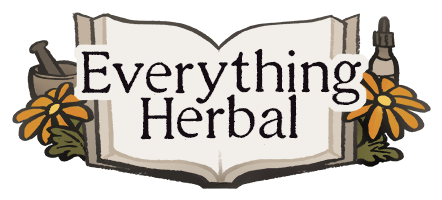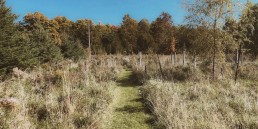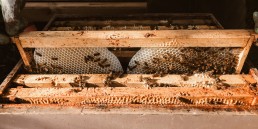Amongst all the mushrooms making an appearance in the wellness world these days, Turkey Tail often isn’t one of them. Though it is one of the most studied mushrooms in the world and has a wide range of benefits – both for the ecosystems in which it is found and for human consumption.
If you’ve ever found yourself in the woods on a fall afternoon, you’re likely to have seen these magnificent mushrooms on fallen hardwood stumps or logs. Their colour, though it can vary – hence their name “Versicolor” or various colours – is often in shades of blue and brown.
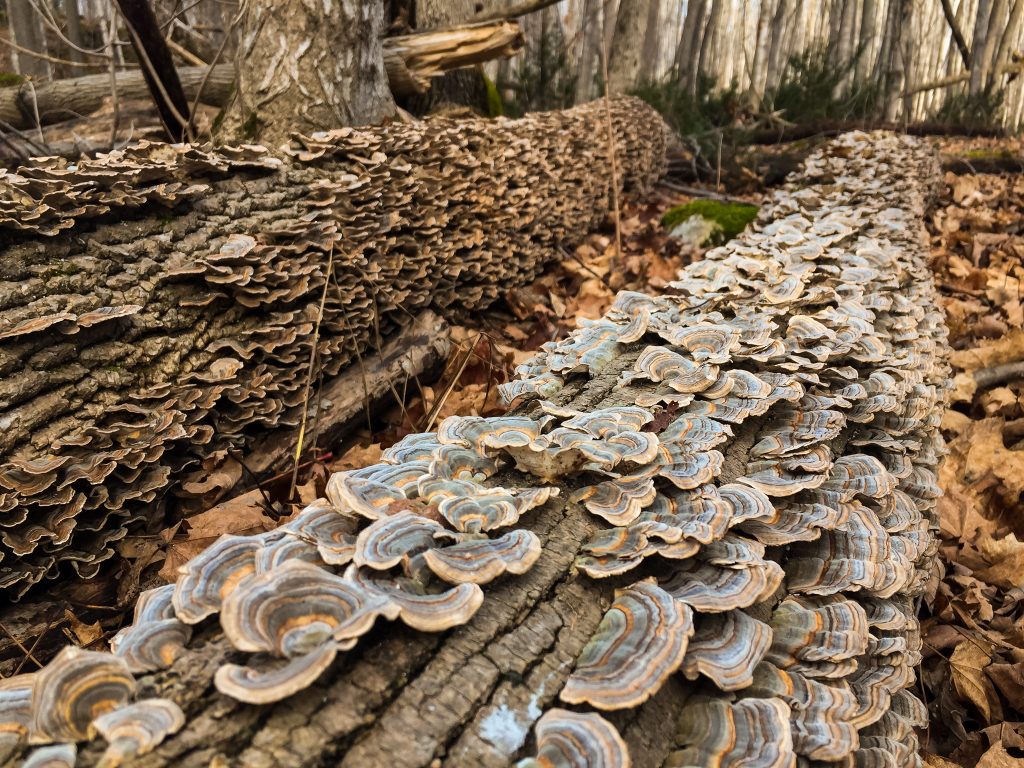
Like most mushrooms, they help connect the living world, by way of using their mycelium (or as Paul Stamets would say, the “earth’s natural internet”) to exchange communication, nutrients, and much else beneath the surface, and the same happens when we consume it.
Thousands of years ago, Turkey Tail was first used in Traditional Chinese Medicine as a way to replenish chi (vital life energy), clear dampness and stagnation, and strengthen the respiratory system.
Nowadays, it is often used in a similar fashion – to promote and support a healthy liver, digestive system, and immune function, but it is due to its actions as an immuno-modulator and cancer medicine that has made it the most widely researched medicinal mushroom.
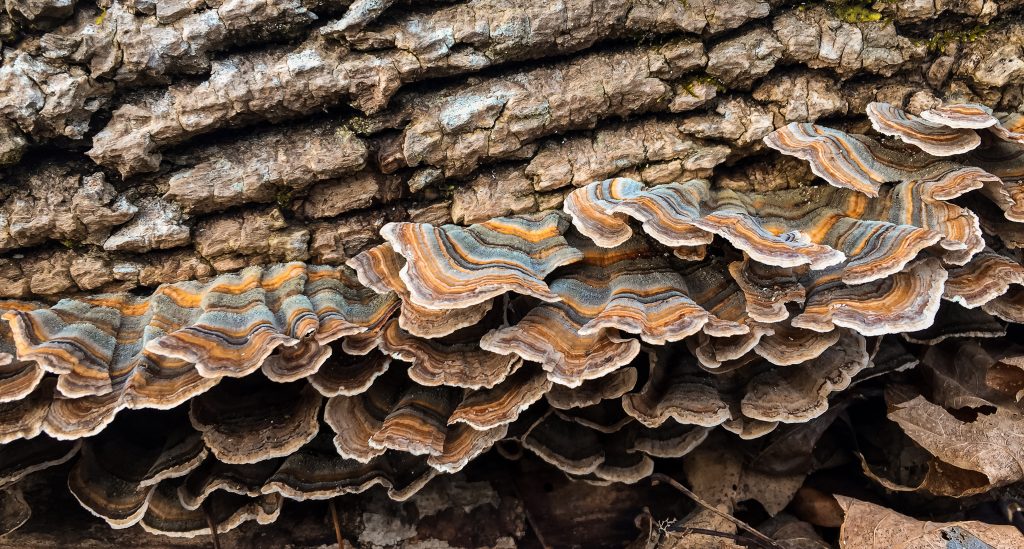
Now, I could talk about the benefits for days – but I’ll let the research speak for itself. Instead, I’d love to share with you how I most often use my foraged Turkey Tail!
If you’re in Southern Ontario like I am, picking at the end of November is often a great time to collect some fresh Turkey Tail. Though keep in mind, like foraging for anything, a careful hand goes a long way in maintaining the integrity of the medicine itself, and the community around it – in this case, moving mindfully so as not to disrupt the bark layer underneath it. Before getting carried away with the excitement that often comes along with mushroom foraging, make sure to always leave some behind (I like to keep the ancient Iroquois’ Seven Generations Philosophy in mind, whereby the decisions we make today should result in a sustainable world seven generations into the future).
Once you have some, it’s about as versatile as it is impactful. Though, I like to predominantly use mine in one of two ways; either in long-simmering broths or as dual-extract tinctures. Oftentimes when I collect Turkey Tail, the days have gotten cold enough for our woodstove to be on, in which case I would keep a stewing pot on the stove, and let the sweet nectars of the earth brew all day long (combining with other veggies too, of course!).
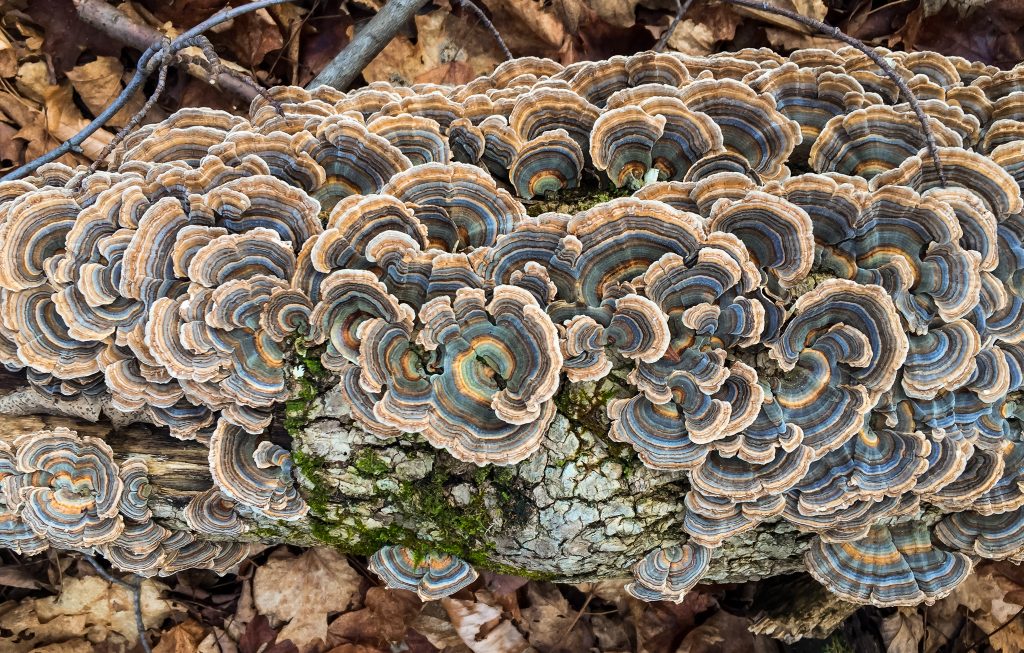
Though, another way fun way to use Turkey Tail is in mulled wines + ciders – which are exceptionally delicious this time of year! Similarly, I like to let mine sit on the woodstove overnight or all day if I’m home. Mixing in allspice, cinnamon, cloves, and any fresh fruit I have on hand.
But, at the end of the day, it’s more than just the medicine by way of taking it that can bring healing, but in the relationship you can build with the natural world and the start-to-finish process of getting out in nature, touching the mushrooms themselves, and getting to experience the rhythm of the world that was here long before us.
Photos by Chelsea Lise
Chelsea Vieira
Chelsea is a community herbalist and an all-around plant enthusiast. From a young age being fond of the wonders of the natural world, she's since gone on to help others reconnect and rekindle this relationship, and the magic it encompasses. Inspiring a harmonious and symbiotic relationship with all the kingdoms!
Subscribe to Blog via Email
